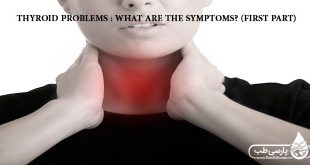Female Hormones
A hormone is a chemical substance secreted by one tissue that travels by way of body fluids to affect another tissue in the body. In essence, hormones are “chemical messengers.” Many hormones, especially those affecting growth and behavior, are significant to both men and women. Nevertheless, women are more often portrayed as being under the influence of their hormones, as being subject to hormonal “tides” or hormonal “storms.”
Some hormones are of special concern to women. The sex hormones produced by the ovaries are not only involved in the growth, maintenance, and the repair of the reproductive tissues but they influence other body tissues and bone mass as well. This can be a problem for women who strive for lower body fat (for example, athletes, models, and ballerinas) or for women with eating disorders. Women with low body fat often do not produce sufficient amounts of sex hormones. They can, therefore, experience a cessation of menstruation, osteoporosis (porous bones), and fractures from weakened bones, and other conditions similar to those faced by many post- menopausal women.
After menopause, a woman’s body produces less of the female hormones, estrogen and progesterone. Symptoms of the menopausal transition can be troubling for some women. Many doctors prescribe hormone therapy (HT, HRT, ERT, ET) to ease menopausal symptoms, although this therapy should be administered for a short duration due to increases in heart attack and slightly increases the risk of breast cancer associated with hormone therapy.
Hormonal problems for women are not confined to those involving the sex hormones. For example, thyroid disease, both hyperthyroidism (over-activity of the thyroid gland) and hypothyroidism (under- activity of the thyroid), is far more common in women than in men.
 Parsi Teb Physical and Mental Health Journal
Parsi Teb Physical and Mental Health Journal 



